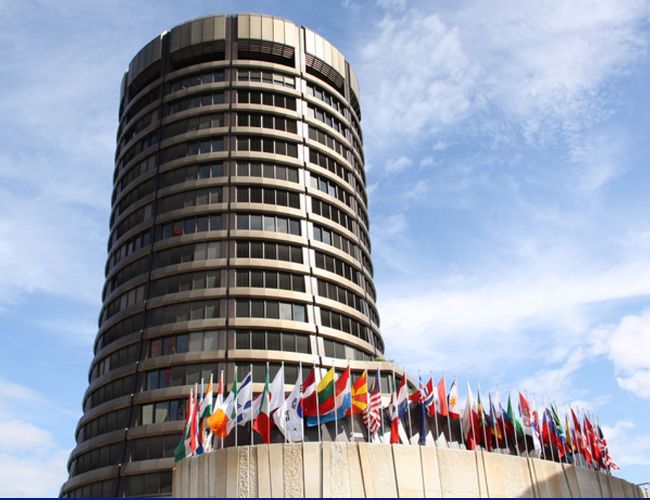‘Saudi Arabia participates in trial for central bank digital currency led by BIS’

Saudi Arabia Joins BIS-Led CBDC Trial for Cross-Border Transactions
In a significant development, Saudi Arabia has joined the Bank for International Settlements (BIS)-led central bank digital currency (CBDC) cross-border trial, marking a potential shift away from the dominance of the U.S. dollar in global oil trade.
The announcement, made by the BIS on Wednesday, revealed that Saudi Arabia’s central bank will now be a “full participant” in Project mBridge. This project, initiated in 2021, includes collaboration between the central banks of China, Hong Kong, Thailand, and the United Arab Emirates.
With the mBridge project progressing to the “minimum viable product” stage, it signifies a move beyond the prototype phase. The BIS, overseeing the project, highlighted the involvement of roughly 135 countries and currency unions, representing 98% of global GDP, in exploring CBDCs. However, the technical complexities and political sensitivities surrounding cross-border CBDC movement pose challenges.
According to Josh Lipsky of the Atlantic Council, the addition of Saudi Arabia to the most advanced cross-border CBDC project signals a significant development. This move opens up possibilities for scaling up commodity settlements outside of the traditional U.S. dollar framework, leveraging new technology advancements.
The mBridge transactions will be conducted using the same code as China’s e-yuan, offering opportunities for the project’s 26 other “observing members” to participate. The platform is now compatible with the Ethereum Virtual Machine, providing a testing ground for innovative solutions.
As central banks across the globe explore the potential of CBDCs for cross-border transactions, the inclusion of Saudi Arabia in the BIS-led trial marks a significant step towards reshaping traditional financial frameworks.







